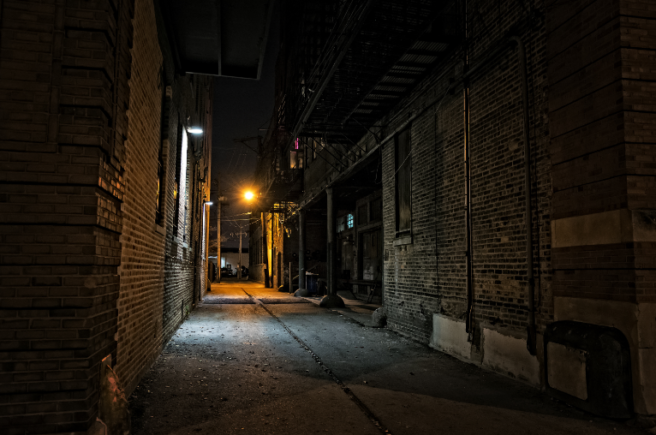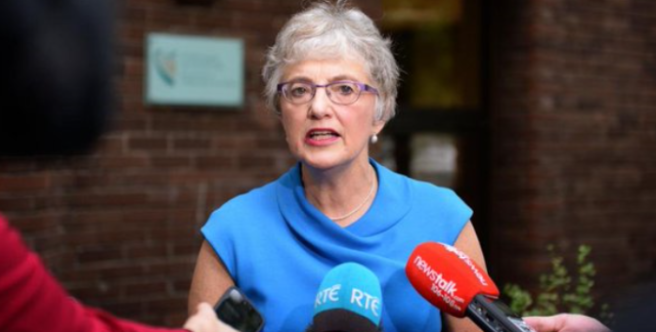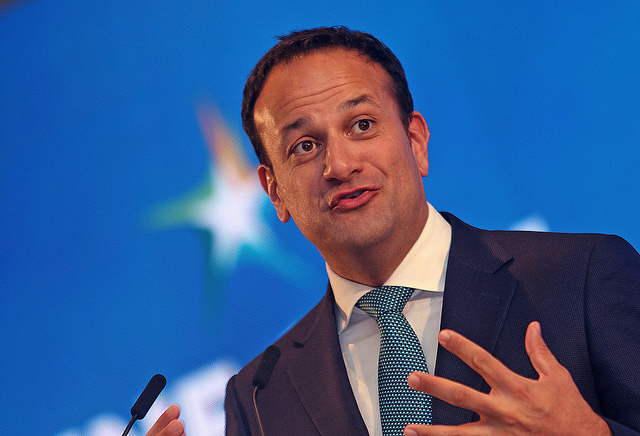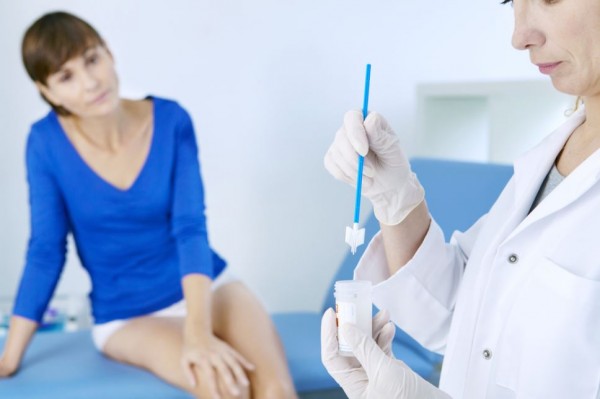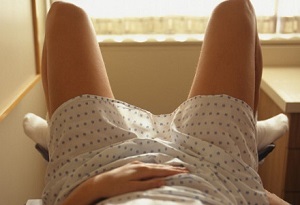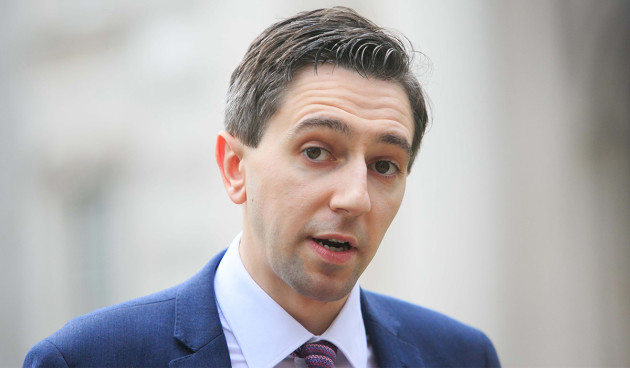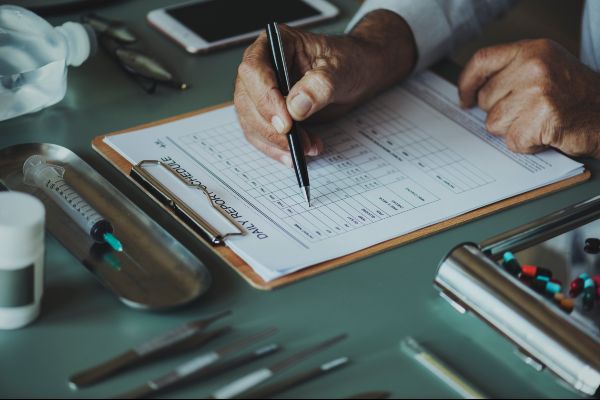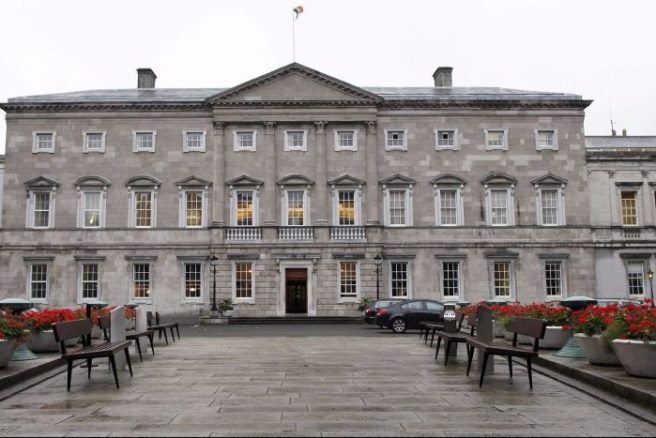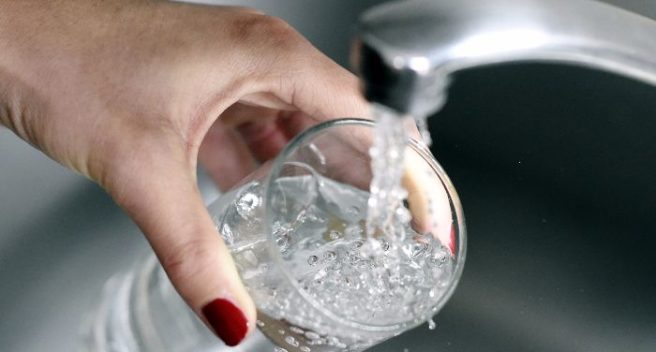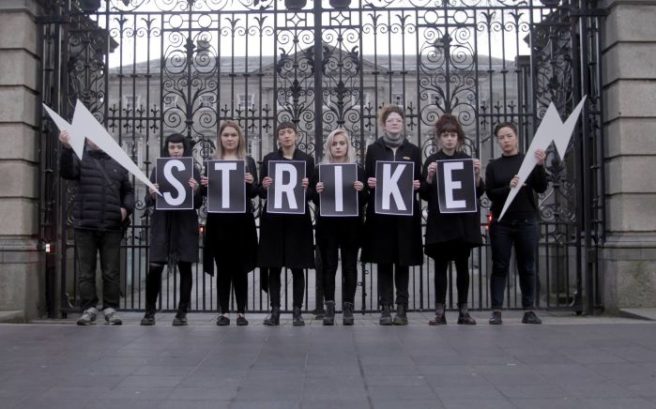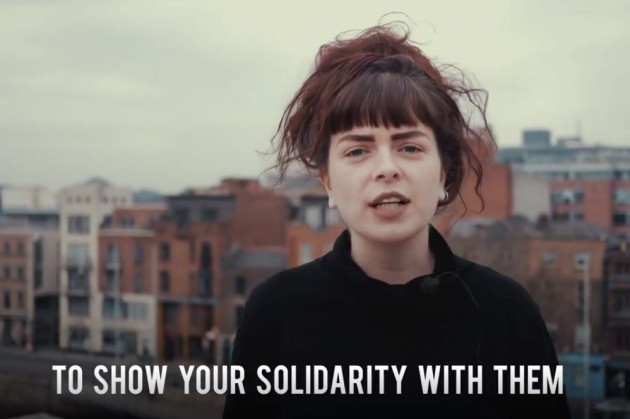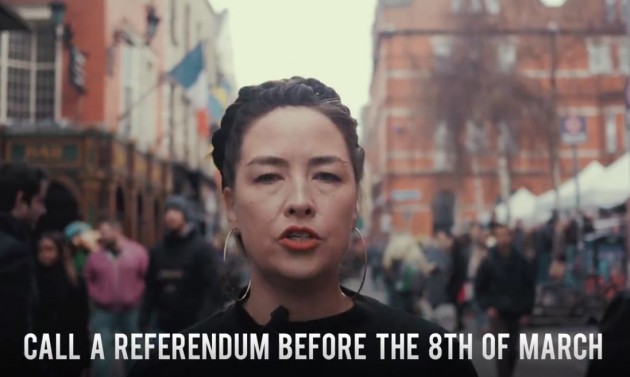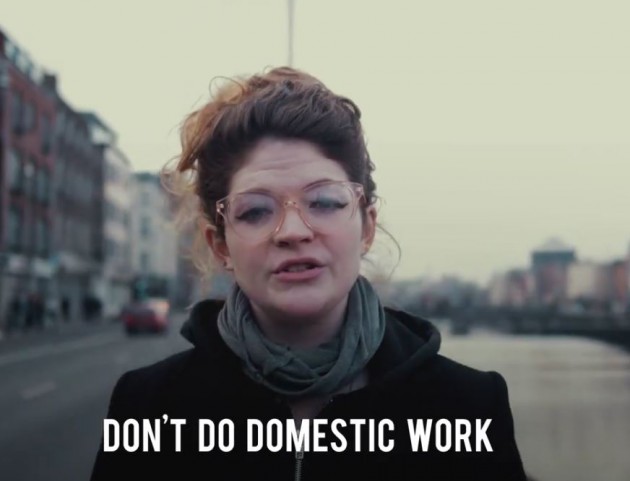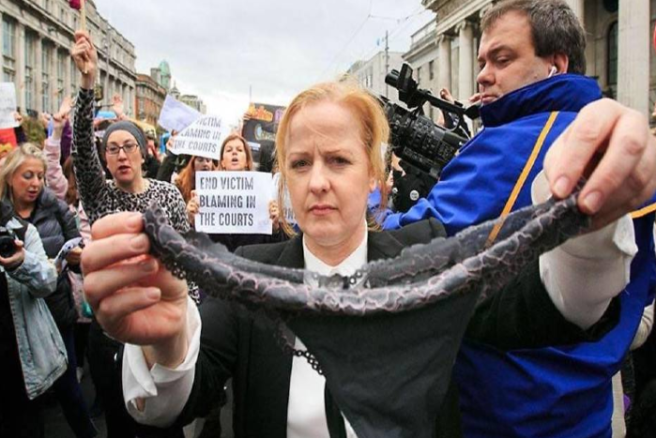
Not Asking For It: Incredible new mural appears at the Bernard Shaw
The Bernard Shaw is a well-known site for political activism: murals dedicated to Savita Halappanavar, the Repeal Movement and the homelessness crisis have appeared in recent times alone.
This week saw a spark of anger which turned into a flame following a controversial Cork rape trial in which a female barrister named Elizabeth O'Connell used a 17-year-old woman's underwear as evidence against her.
As a result, #thisisnotconsent protests took place all over the country, with women and men marching with 'I Believe Her' banners in the air.
Protest in Dublin city centre this afternoon. Ruth Coppinger is calling for rape myths to be dispelled in our courts. Protesters hold up underwear and signs saying ‘this is not consent’ pic.twitter.com/xwM540UWGF
— Cliódhna Russell (@CliodhnaRussell) November 14, 2018
The Bernard Shaw's latest activist art piece is dedicated to the young woman whose 27-year-old alleged attacker was acquitted of rape following Elizabeth O'Connell's finishing statement.
The barrister urged the jury of eight men and four women to consider the woman's underwear, which happened to be a lace thong, claiming that the woman "was attracted to the defendant and was open to meeting someone and being with someone".
Not Asking For It in Dublin at the Bernard Shaw. Great street art by Emma Blake. Boom! pic.twitter.com/ea8MnAzlzU
— Anthea McTeirnan (@amcteirnan) November 17, 2018
The Richmond Street South mural shows painted images of various shapes and sizes of underwear, with each branded with the words 'Not Asking For It.' The work was created by Emma Blake, a street artist and graphic designer, also known as Estr.
The mural's appearance is in support of the solidarity rallies which took place this week, urging the government to change the way in which rape trials are conducted.
Women's rights group ROSA wrote that the judicial consideration of the girl's underwear as evidence was a "disgrace".
Clothing does not equal consent.
This is not an open invitation to rape or sexually assault women.
No means No. #ThisIsNotConsent pic.twitter.com/DipXMgk73d— Isabella (@fixrentinx) November 17, 2018
ROSA also stated: "These lines of character accusation and victim blaming are unfortunately a common tactic used in cases before the courts relating to sexual violence."
"The judiciary has proven itself time and time again to be utterly damaging to survivors of sexual violence to seek justice."
Let's hope these crucial protests lead to the necessary changes to Irish law regarding sexual violence.
Feature image: Channel NewsAsia







